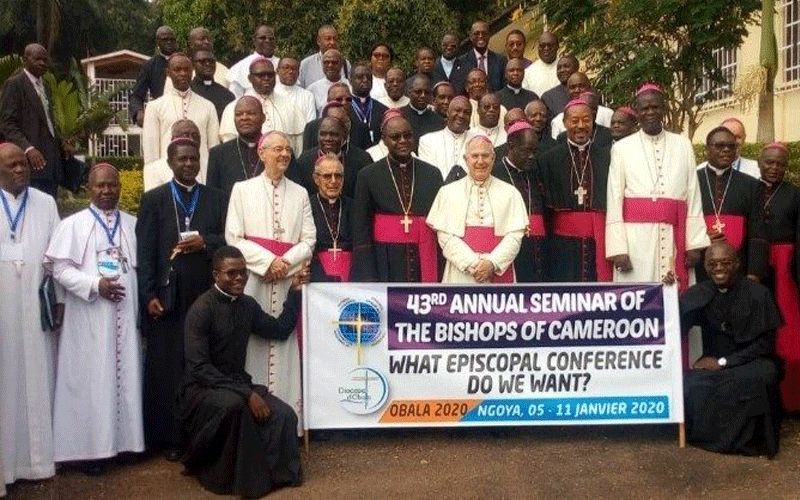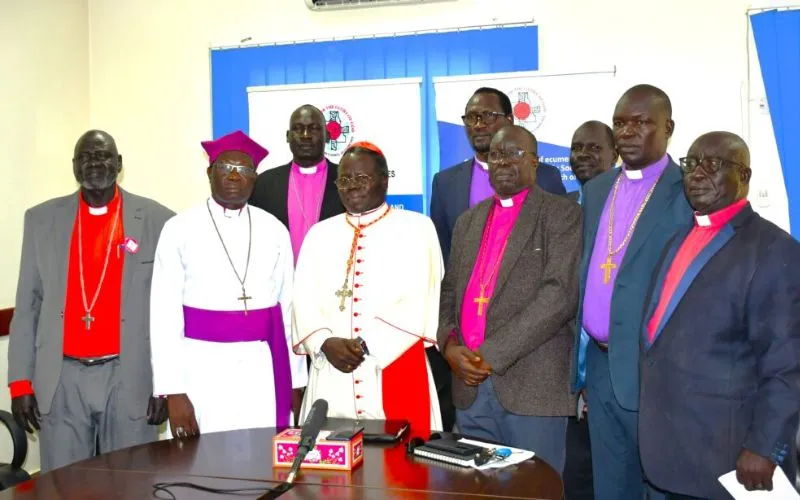BAFANG, 15 February, 2020 / 1:00 pm (ACI Africa).
As Cameroonians await the official proclamation of results of Municipal and Legislative elections that took place Sunday, February 9, the Catholic Bishops of the National Episcopal Conference of Cameroon (NECC) have, in a preliminary statement, observed that the country’s elections took place in a calm atmosphere despite a low voter turnout.
“The Bishops note that, on the whole, the elections took place in a calm atmosphere, despite a timid voter turnout,” NECC President Bishop Abraham Kome told journalists Monday, February 10 at a press briefing in Bafang, a town situated in the Haut-Nkam division of the West Region.
Reading the statement on behalf of Bishops in Cameroon, Bishop Kome explained, “The low turnout undoubtedly means that the basic law in the Electoral Code that governs elections in Cameroon needs to be revised in order to arouse the enthusiasm of the people in the fulfilment of their civic duty.”
The Local Ordinary of Bafang cited cases of voter apathy saying, “in Bisono Gendarmerie in Sangmelima, there were 85 voters out of 310 registered. In Ngui, a locality in Dschang, 50 voters out of 200 registered took part in the election; in Batouri 80.57 percent abstention rate; in Bertoua 70 percent. This abstention rate was therefore almost general.”
Elections for the country's legislature and local councils took place for the first time in seven years, after two postponements, Al Jazeera News has reported.








